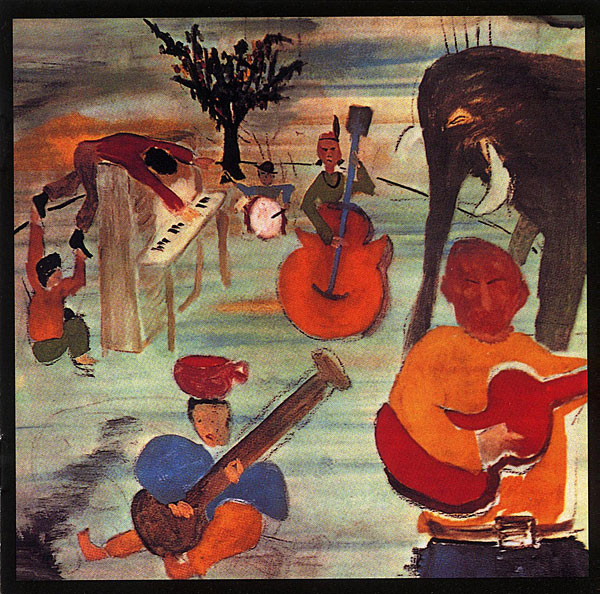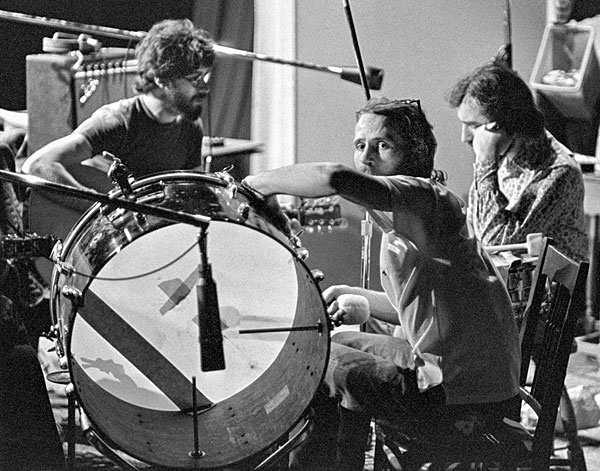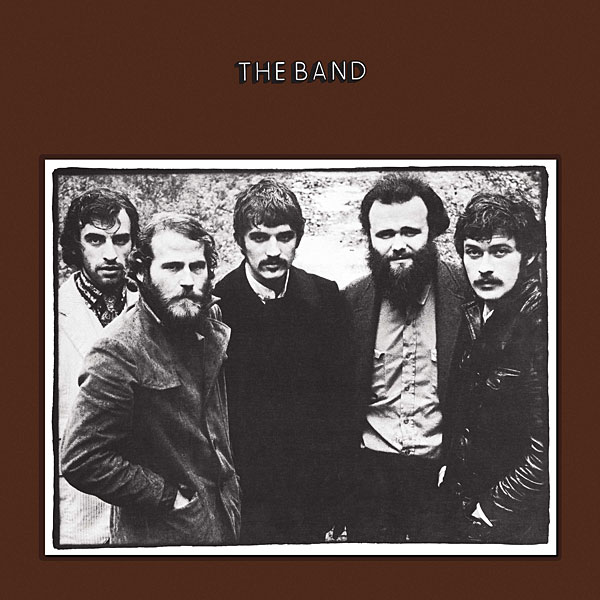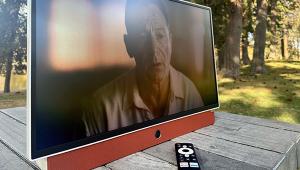Such an interesting read on these anniversary speaker models! Speaking of celebrations, if you're looking for heartfelt birthday wishes in Marathi, check out https://birthdaywishmarathi.com. It's a great place to find meaningful messages for your loved ones on their special day!
Robbie Robertson: When I Paint My 5.1 Masterpiece Page 2
Robbie Robertson: Bob is one of the few people I completely trust to work on things like this. Coming back and remixing a record like The Band album is really touchy territory, and he knows that better than I do.
When I first went over to Bob's studio and we were sitting there listening to his early mix, he just stopped it and said, "You know what? If you don't want me to do this, I completely understand." Because, with him listening to it and me sitting there, something didn't ring true for him. He was hearing it through my ears, a little bit.
And then he said, "This is like messing around with a masterwork, and I have way too much respect to get in the way of anything like that." Then we agreed, "Let's really, really figure out how not to get in the way, but how we can bring you [the listener] closer to the sound, the music, and the environment of this record. How can we do that?"
There used to be a layer between you and the music. As Bob and I now understand, we can get rid of a lot of that layer, and let you come closer. And I think the closer you come to the music, the better off we all are.

Mettler: Can't argue with that. When I was listening to The Band in surround, I felt like Garth [Hudson, organist/pianist] is hanging out over either of my shoulders and behind me doing what he's doing, and I can just swivel my head to find your guitar on the right a little bit. Up front, Levon [Helm, drummer/vocalist] is in the middle, and Richard [Manuel, pianist/vocalist] is on one side or the other—and the same thing goes with Rick [Danko, bassist/vocalist]. It's that three-dimensional feel of, "Yeah, I'm in this room with you." If Music From Big Pink literally sounded like you guys were hanging out underground in the basement, then The Band sounds like we're now up on the ground floor.
Robertson: What I was really thinking about was my understanding of the other guys in The Band. This was my idea in my dream, to build a clubhouse or a workshop—and in this place is where you invent a thing. You're not going into somebody else's studio on their clock, where it's no longer what you would do with the deepest part of your heart, which is making music. I had this theory, and now it's as common as anything you could imagine.
Back then, when we had the basement [at the residential house known as Big Pink, in Woodstock] and then what we came up with in Sammy Davis Jr.'s pool house in the Hollywood Hills [where The Band was recorded], it was all unheard of. Nobody thought about that in that kind of way.
And I just knew these guys. I knew myself. I knew that we could do something extraordinary if we had our own vehicle, our own environment. If we had something where nothing could come between us and the music we were making, we could go to a whole other place, a whole other spectrum. At the time, it was just a theory.

Mettler: Well, well to borrow a song title from Sinematic [Robertson's September 2019 solo album], "I hear you build houses," technically speaking. (Robertson laughs) I mean, that's literally what you did. You created an environment—and I think you even say this in the Once Were Brothers documentary [about the history of Robbie Robertson and The Band, released by Magnolia Pictures in February 2020], where you're in the middle of a musical revolution and you have nothing to compare it to because you're at the forefront of something that hadn't even happened until you did it.
Robertson: Yeah, it was just some kind of an instinct—but it started years earlier, when we would have an opportunity to record something. I recognized that nobody else in the group thought about what to record—they only thought about, "Oh, we're gonna record!" But because I had been writing songs since I was a kid, it was kind of a responsibility of mine to think of something to record.
So, in the back seat of the car on the way to the next gig, I would try to write a song—and I hated being put in that circumstance. That's when I had the dream of, "One day. One day, I wanna have the workshop. I wanna have that place you go to record, without that level of pressure." With the guys in the group, it was like the clubhouse that we'd go to, and that's just where you go! While you're there, you hang out, you have a good time, and you create. You create what you were born to do. Anyway, this was just a dream—and the dream came true.

For the recording of The Band album, most of that equipment was loaned to us from the Capitol Records studio in Hollywood. You can imagine when I told the people at Capitol, "No, no, no. We're not gonna come over to the studio. We want you to send the equipment over to this house." They had a look on their faces like, "I don't even understand what language you're speaking." I convinced them, somehow or another, that this was going to be the right thing, even though, like I said, they'd never heard of such a thing before.
So, they sent over some very basic things like a little board for us to record through, a tape machine, some microphones, maybe one or two limiters, and a couple of speakers—and that was it.
It really came down to us being in our own world. And in your own world, you're fearless. You can experiment, you can try things, and the truth wouldn't be hidden. The beauty of it is, I still record that way to this day.
Mettler: When I'm listening to a song from The Band in 5.1 like "Rag Mama Rag," I feel the shift in tone when the instruments were switched up where Levon winds up playing a mandolin and Richard, whom Levon called his favorite drummer, takes over on the kit. Those changes gave the song a different texture.
Robertson: Completely! Completely. And, because I was writing these songs, I already could hear something. I already could imagine something. Right off the bat, I was like, "Richard, why don't you play drums on this? And Levon, you play mandolin, and we can play back and forth on guitar and mandolin. Garth, since this song is called 'Rag Mama Rag,' I think we need some rag on it. Rick, why don't you play this fiddle thing?" But that meant we had no bass player, so we got John Simon, the producer [of Big Pink], to play tuba on it—and he nearly had a heart attack! We ran through it, and his face was purple afterward. He said, "I'll get it. I'll get it!"
Mettler: (laughs) That's exactly what John said in his book [Truth, Lies & Hearsay: A Memoir of a Live in and Out of Rock and Roll, published in 2018]. Me, I like when, during the outro, Garth is playing that little piano bit you just kind of fold in the back channels once the volume swells down, and then it goes across those channels a little bit at the very end.
Robertson: Yeah! Garth was inclined like to do that. A lot of times, when we were just setting up and getting ready to play something, Garth would mess around on the organ or on the piano, or whatever. Sometimes, when we would end a song, he would just go off and play something—and quite often it was something humorous, just to do something kind of funny on the end.
Garth had an extraordinary musical humor. I mean, he plays dead serious when we were recording, but on that song he kept playing that way at the end, and I said, "Garth, let's do that! We'll stop; you keep going." Everybody had a little bit of a laugh, and it turned out to be perfect.
- Log in or register to post comments



























































